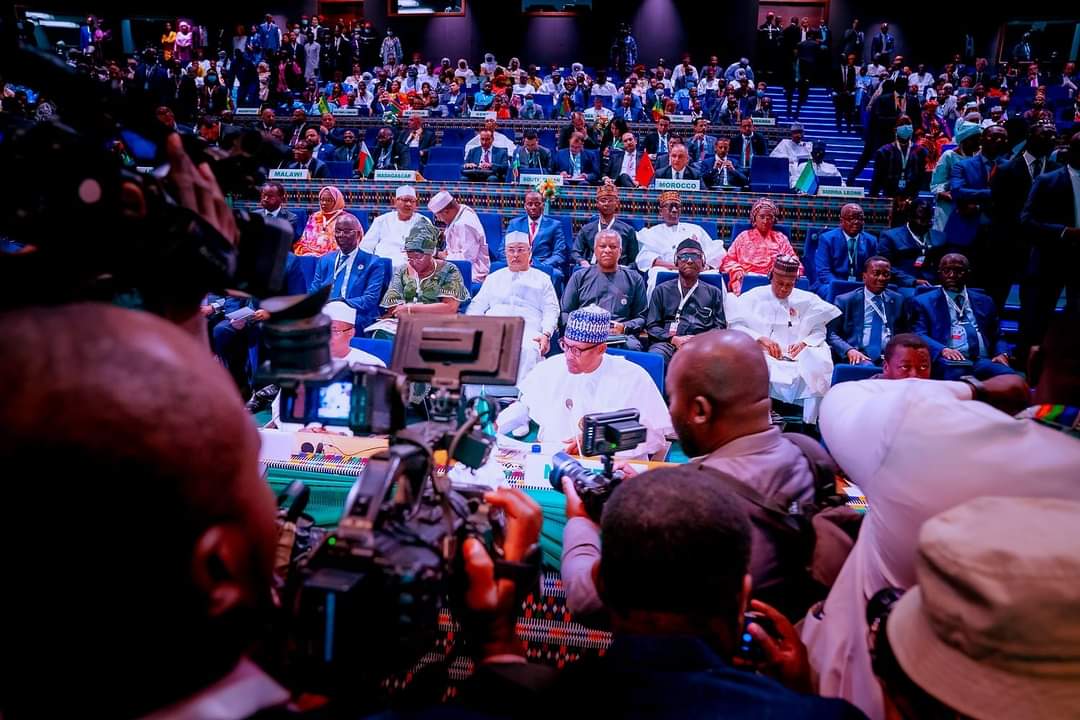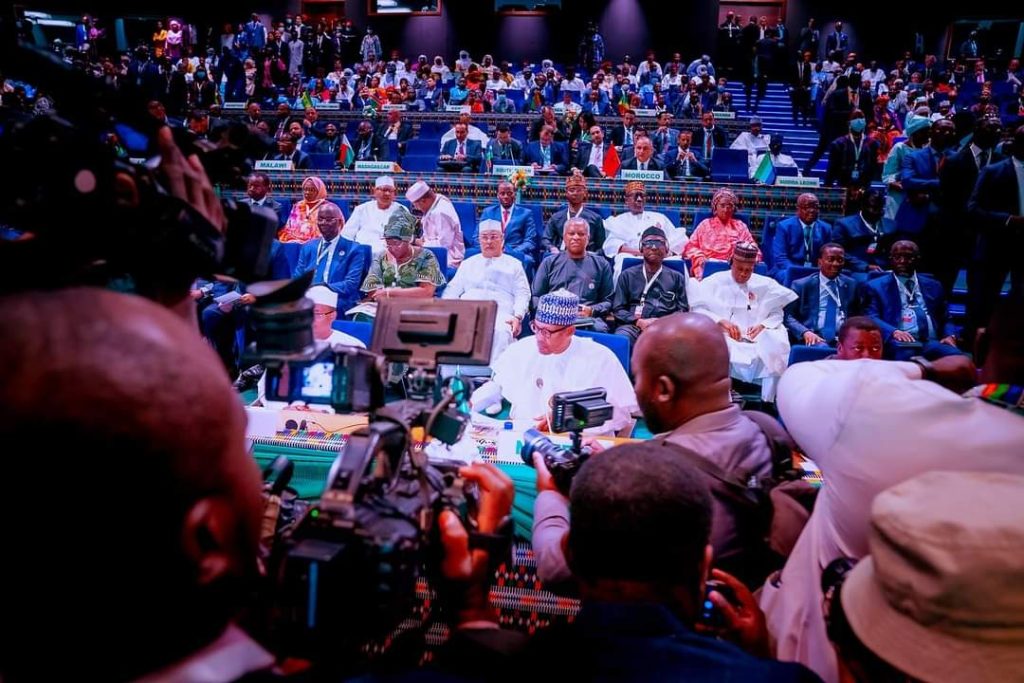
President Muhammadu Buhari has set out priorities on how Africa can achieve full industrialization by the year 2030.
They include a recommendation to African leaders to tailor their education system and academic curricular towards Science, Technology, Engineering and Mathematics, STEM.
In his National Statement in Niamey, the capital of Niger Republic, at the AU Summit on Industrialization and Economic Diversification in Africa, President Buhari emphasized that STEM was the short way to produce the next generation of managers of an industrialized Africa not dependent on expatriates.
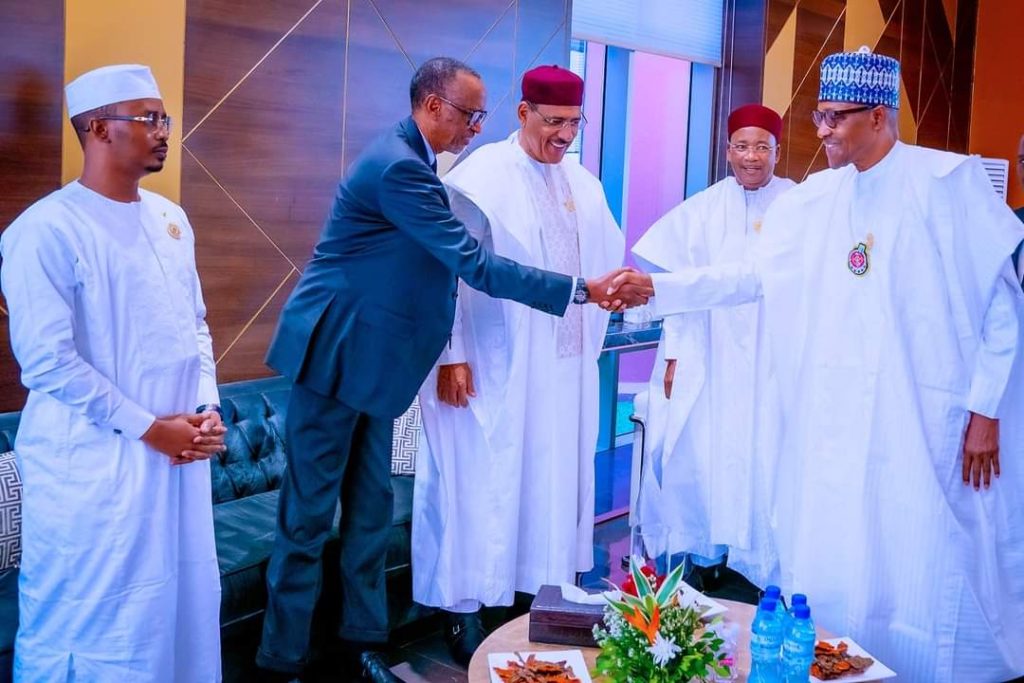
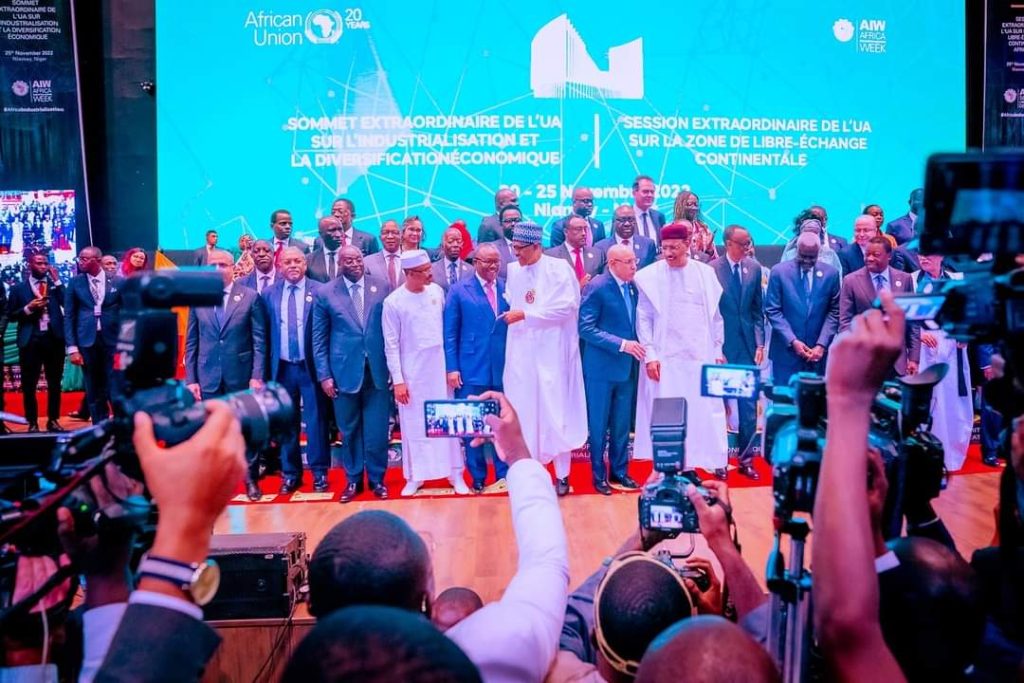
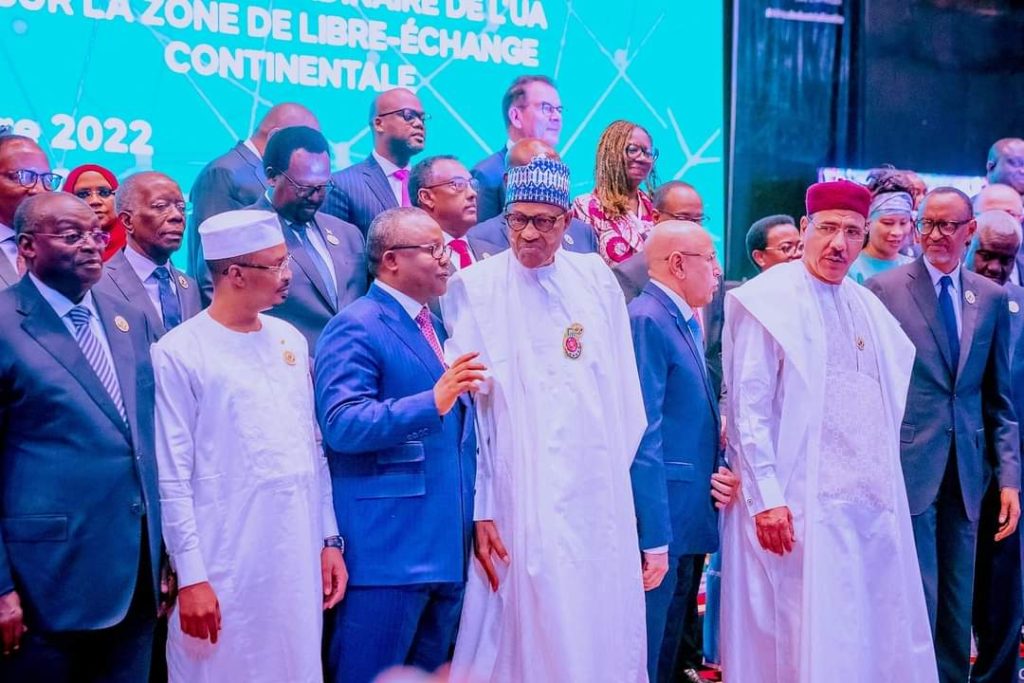
He urged leaders on the continent to solve the problem of generating cheap and clean energy, warning that it is no secret that leaders cannot industrialize the continent without it.
”Your Excellencies, energy generation and distribution is an enabler for industrialization. Africa is richly endowed with multiple sources of energy generation. We are richly endowed with Hydro-Carbons, Coal, Natural Gas, Solar Energy, and Hydro- Energy.
”Yet we are lacking in the capacity to produce clean and cheap electricity to power our production, manufacturing sectors.
”I hope this Summit will afford us the opportunity to explore the possibilities of collaboration in pooling resources on a continental level to address the vexing problem of Energy generation and distribution on the continent.
‘‘Your Excellencies, the African Continent is blessed with a large Youth population that can address our labour shortages. Therefore, we should tap this human resource potential that abound in the continent by providing our youths with qualitative and fit for purpose education that recognizes the labour market demands.
”In this regard, we must rejig our educational system and academic curricula to gravitate towards Science, Technology, Engineering and Mathematics. This is the short way we can produce the next generation of managers for the industrial complex we envisage, one that will not be dependent on expatriates.” President Buhari said.
President Buhari commended the United Nations Industrial Development Organization, UNIDO, for the mileage they had achieved through inclusive and sustainable industrial development plans for developing countries, providing the framework for implementing decisions of the UN and supporting the AU in several initiatives for growth and sustainable development.
President Buhari noted that those collaborative efforts had the capacity to ensure an integrated, prosperous, and peaceful Africa.
On health
President Buhari acknowledged that one of the lessons learned from the outbreak of the Covid-19 pandemic in Africa was the lack of preparedness to respond to such outbreaks and shocks.
He, however, expressed delight that in the wake of the pandemic, Nigeria along with five other African Countries, were selected as vaccine hubs for the local production of mRNA vaccines by the World Health Organization, and to receive the technology needed to produce vaccines.
”As the mRNA technology permits science to shift attention to yet unknown disease threats, we see this as an opportunity to address diseases that have plagued our continent, especially sub-Saharan Africa and the third world countries.
”We see this as an opportunity to find lasting solutions to diseases such as Ebola, Malaria, Lassa Fever and other endemic tropical diseases through the manufacture of affordable Vaccines and therapeutics”, he said.
President Buhari restated his call on partners to consider working with Nigeria on the entire value chain of vaccine technology development in the continent.
The Nigerian President said Africa needs more Foreign Direct Investments in Science, Technology and Innovation to drive Industrialization on the Continent.
Bello Wakili
